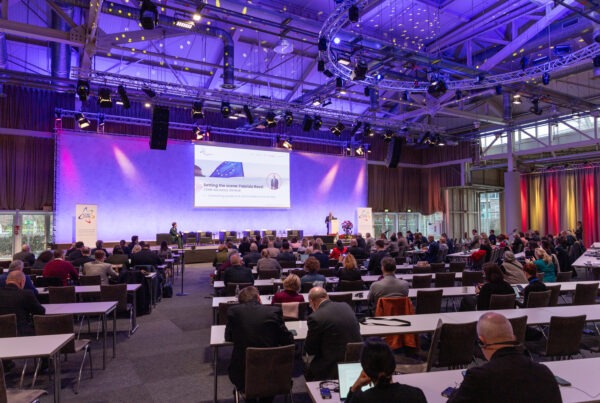1.000 débats pour l’Europe : la Constitution présentée aux citoyens
1.000 débats pour l'Europe, c'est une initiative de la Commission européenne à l'intention des élus européens locaux, régionaux et nationaux pour les encourager à présenter le projet de Constitution aux citoyens.
L'appel précise que "que vous soyiez en faveur ou non de ce texte, associez-vous personnellement à cet effort, prenez l'initiative d'organiser dans les mois qui viennent un débat sur l'avenir de l'Europe avec vos concitoyens".
Comme l'indique le nom, l'objectif est d'atteindre, si pas de dépasser, le nombre de 1.000 débats organisés à travers l'Europe sur le projet de Constitution européenne.
La Commission met à la disponibilité des municipalités et régions intéressées tout un matériel susceptible d'être utile à l'organisation de ces débats (logo, présentation power point, documents de fond…).
Comment participer à l'initiative 1.000 débats pour l'Europe? (disponible uniquement en français, anglais et allemand)
rn

Climate, Sustainable Finance Officer






